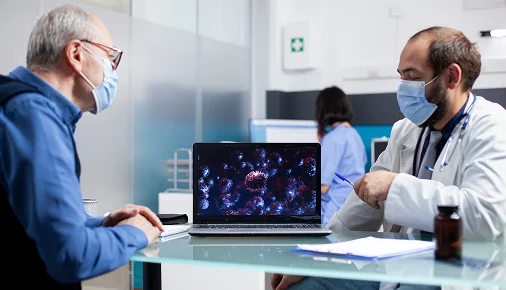Breakthroughs in Cancer Detection: Earlier, Easier, Better
A revolution is underway in cancer detection, promising to catch the disease earlier, with less discomfort, and greater accuracy than ever before. Thanks to cutting-edge advances in liquid biopsy and artificial intelligence (AI), the future of cancer screening is transforming from invasive, slow procedures to simple, routine tests that could save millions of lives.
Liquid Biopsy: A Minimally Invasive Marvel
Liquid biopsy is a breakthrough blood test that detects tiny fragments of cancer DNA circulating in the bloodstream. Unlike traditional tissue biopsies, which require surgery and can miss tumor heterogeneity, liquid biopsies are minimally invasive, quick, and can be repeated often to monitor disease progression. They are especially promising for detecting hard-to-find cancers like pancreatic and ovarian at their earliest stages—sometimes months or years before symptoms or imaging scans reveal tumors.
This technology analyzes circulating tumor DNA (ctDNA), circulating tumor cells, and other biomarkers in blood or other body fluids, providing a real-time snapshot of tumor biology. Clinical trials are rapidly advancing, showing liquid biopsy’s potential to revolutionize early cancer diagnosis and personalized treatment.
Artificial Intelligence: Sharpening the Diagnostic Eye
AI-powered algorithms now assist radiologists by analyzing mammograms, CT scans, and skin images with remarkable precision. These systems detect subtle patterns and reduce false positives, enabling earlier and more accurate cancer detection. When combined with liquid biopsy results, AI helps create a comprehensive view of cancer, improving diagnosis, staging, and treatment planning.
What This Means for You
The era of earlier, easier, and better cancer detection is here. Regular screenings, enhanced by these innovations, could soon include simple blood tests and AI-assisted imaging, offering peace of mind or crucial early warnings. Staying informed and proactive with your healthcare provider is key to benefiting from these life-saving advances.


